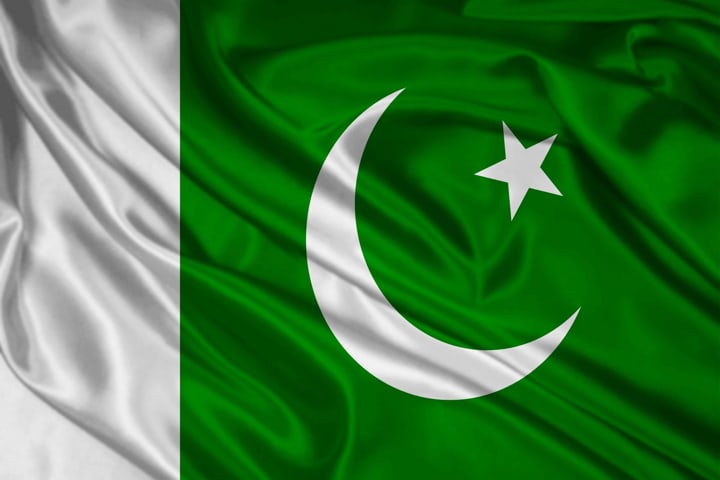

Representative Image
The arrest of former Pakistan Prime Minister Imran Khan in Islamabad which has already led to violence in several parts of the country, will further dent the crumbling economy. Economic growth will slow down as the arrest may even lead to a full blown civil war.
“Forget about the economy for now…the Shehbaz Sharif government and other authorities will now be busy fighting the political crisis…nobody will have the time for economic well being,” observed an analyst engaged with a global ratings agency.
Global ratings agency Moodys’ warned that Pakistan could default in case it fails to thrash out an agreement with the International Monetary Fund (IMF) over the bailout package.
Just last week, China’s Foreign Minister, Qin Gang during his visit to Pakistan said that stability is the premise of development and that the South Asian nation must focus on building political consensus and uphold the economy.
“We sincerely hope the political forces in Pakistan will build consensus, uphold stability and more effectively address domestic and external challenges so it can focus on growing the economy,” Qin said at a press briefing. While Khan has been persistent in his demand for holding early general elections, the Sharif government has been in favour of postponing the polls.
The rise in political uncertainty prompted the Chinese embassy to shut down its consular section in February.
Qin is not alone.
Alfred Grannas, Germany’s Ambassador to Islamabad, recently underlined the need for “political dialogue” while focusing on “stability” and the “greater good” of the country.
Last month, Sweden, in view of the deteriorating “security situation” decided to shut down its embassy “indefinitely”.
Pakistan’s economy has taken a beating over the years due to gross mismanagement and political instability. Currently the country is in the middle of an unprecedented crises—stretching from political, security to economic. Though Pakistan has been in negotiations with the IMF for months for the $6.5 billion loan package, the two are yet to strike a deal.
The moot question now is this: Will the IMF package get further delayed amid the political crisis?
Also read: Pak military takes risky gamble with Imran Khan’s arrest
India's Hindustan Aeronautics Limited (HAL) and French engine manufacturer, Safran Aircraft Engines, signed an agreement…
India has emerged as a country with the third-largest growth in power generation capacity globally…
Prime Minister Narendra Modi hailed Indian chess grandmaster Divya Deshmukh for defeating world number one…
The family of detained Baloch leader Mahrang Baloch has accused prison authorities at Quetta's Hudda…
The QS World University 2026 Rankings bring great news for our education sector, as the…
Speaking at the India Global Forum, Union Minister of Commerce and Industry, Piyush Goyal, says…